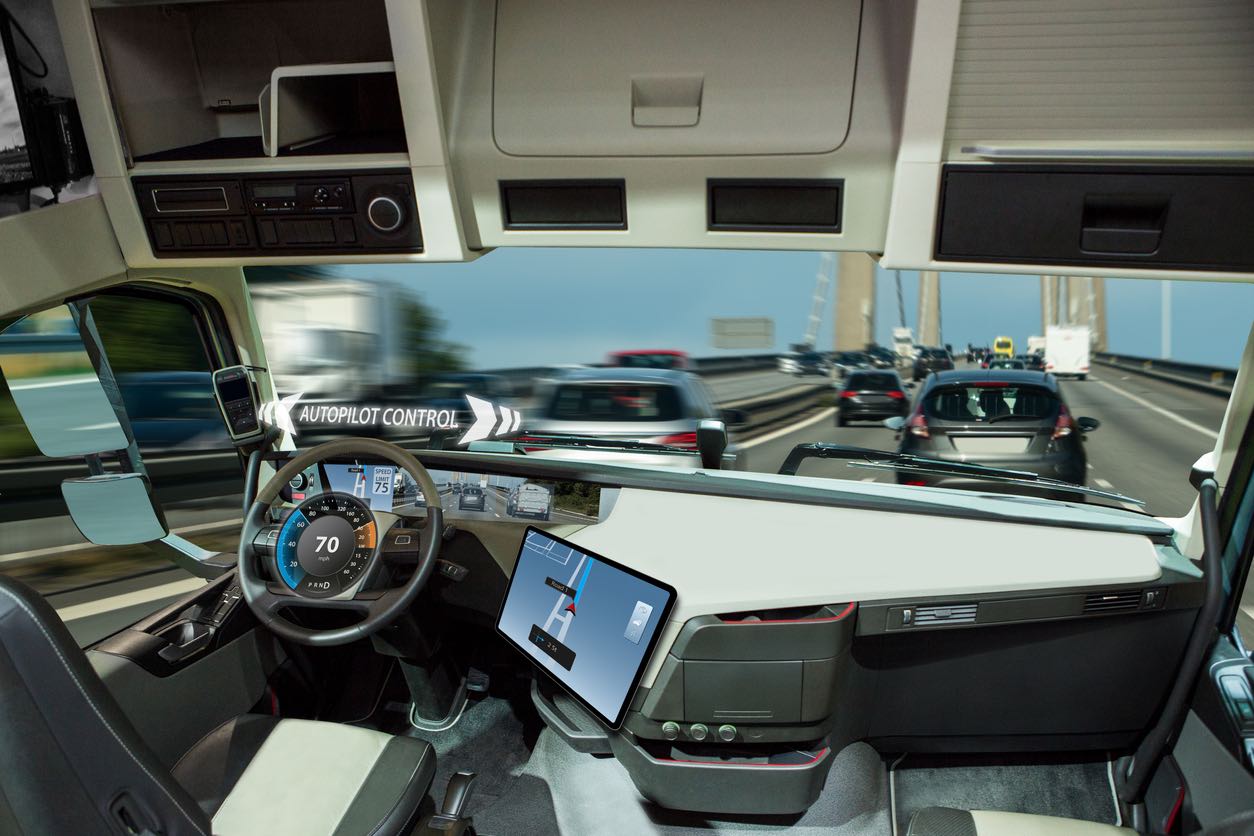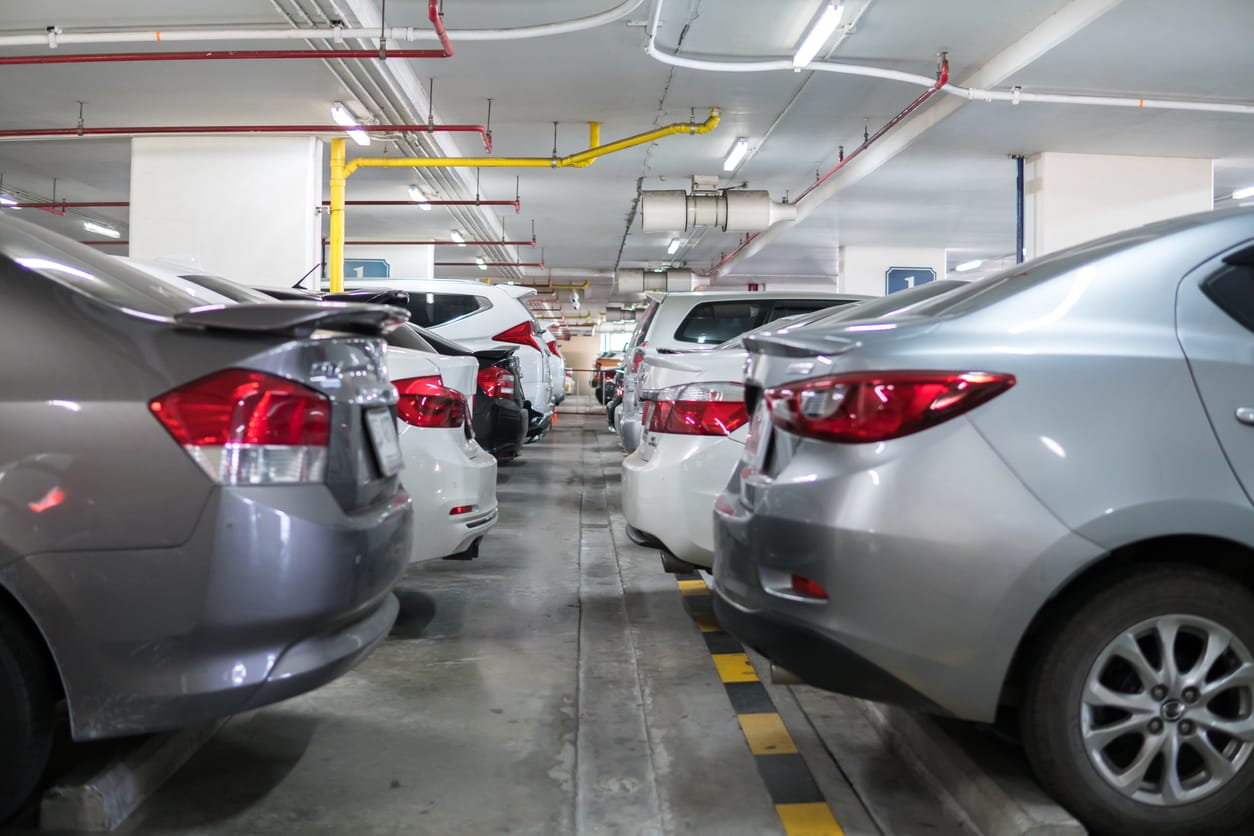
The Veto and Its Implications
A significant law to regulate autonomous vehicles was rejected by California Governor Gavin Newsom, a decision that caused shockwaves throughout the Golden State. This ruling not only affects California’s immediate environment for driverless cars, but it also rekindles the intense discussion that surrounds this cutting-edge technology. This veto has far-reaching effects that affect public safety, employment security, and technological progress. It is now up to stakeholders from a variety of industries, such as IT firms, truck drivers, and union leaders, to negotiate the unpredictable legal environment and adjust to the changing transportation and trucking industry.
Balancing Technological Progress and Job Security
The choice made by Governor Newsom highlights how difficult it is to embrace technology improvements while defending conventional job roles in the trucking industry. Discussions about how fully autonomous vehicles may drastically improve transportation efficiency while also endangering the jobs of hundreds of thousands of truck workers have resurfaced as a result of the veto. The debate around this legislative action is complex and includes issues related to economics, safety, and the future of technological advancement in California. As the discussion rages on, all eyes in the country are on California, which is frequently regarded as a leading indicator of emerging legislative movements and technical developments.
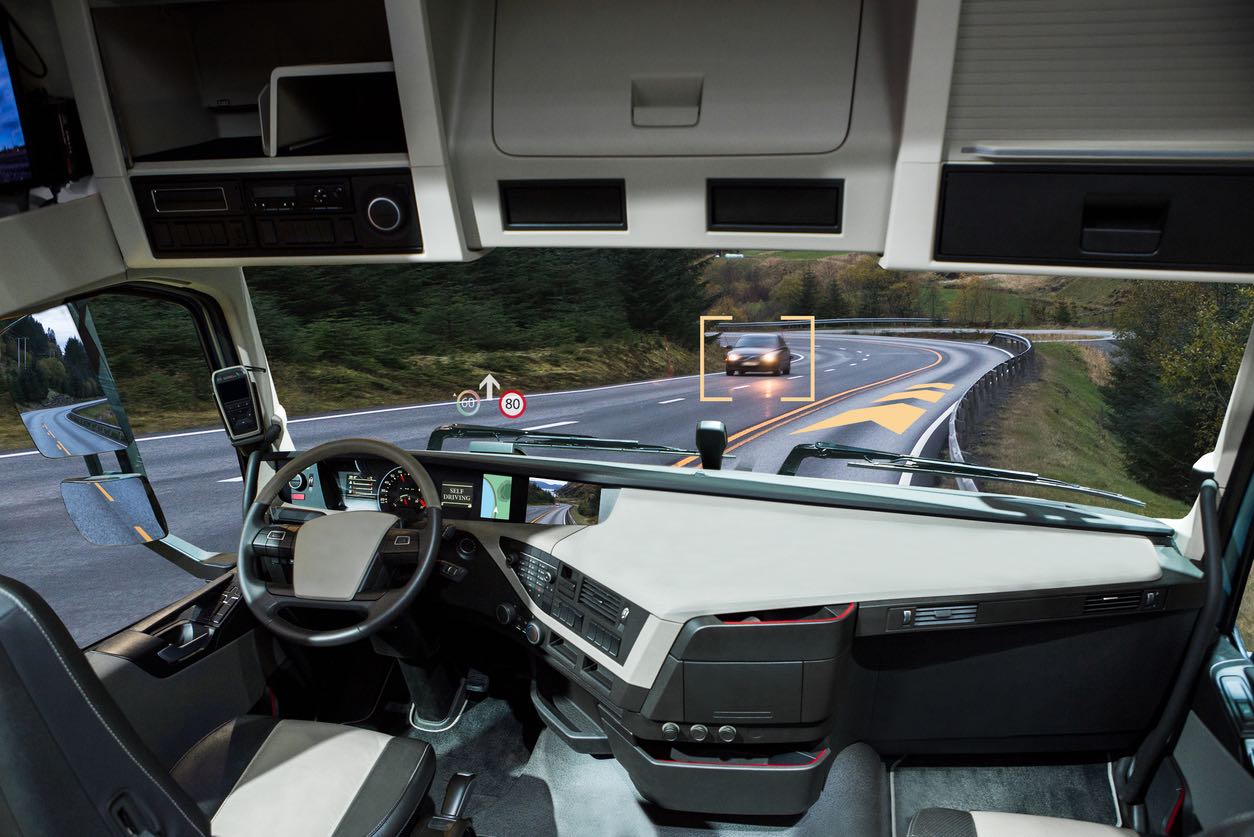
Key Provisions of the Bill
The legislation that Governor Newsom rejected was the subject of much discussion and controversy and was intended to impose strict limits on the use of autonomous trucks in California. It particularly targeted autonomous vehicles that weighed more than 10,000 pounds and suggested prohibiting their use on public highways unless a human driver was present. This stipulation was designed to cover a broad spectrum of vehicles, ranging from smaller UPS delivery vans to the massive, towering big rigs that dominate the highways. In tackling the difficulties and ambiguities related to integrating autonomous vehicles into the current transportation environment, the measure was a major step forward.
Stakeholders and Their Stances
Due to their perception that the proposed bill would safeguard job possibilities in the state, including the jobs of hundreds of thousands of truck drivers, union officials and truck drivers strongly supported it. Prominent California Labor Federation president Lorena Gonzalez Fletcher voiced grave worries about the safety threats posed by autonomous trucks and conveyed her dismay at the governor’s veto without holding back. Those who support automation and technology businesses, on the other hand, told a different story, highlighting how autonomous trucks may optimize and revolutionize the way that commodities are transported. The diversity in opinions emphasized the intricacies and multidimensional nature of the continuing dialogue on autonomous vehicles and their position in our society.

Existing Regulations and Their Adequacy
Governor Gavin Newsom vetoed the autonomous truck measure because he thought California’s present legal system was sufficient to regulate the use of self-driving cars. He particularly cited a 2012 law that gives state authorities the authority to work together to create the rules required to ensure the safe operation of autonomous vehicles on public roads. This viewpoint from the governor’s office suggests a balanced response to technology developments, supporting a harmony between innovation promotion and public safety preservation. The state’s dedication to a gradual and deliberate transition to an automated future in transportation is demonstrated by the emphasis on current rules.
Balancing Innovation and Regulation
The decision made by Governor Newsom exposed the internal discussions and divergent opinions about autonomous vehicle legislation that occurred inside his administration. The Office of Business and Economic Development raised concerns about too onerous restrictions discouraging autonomous technology businesses from operating in California and stifling progress in the field. The continuous difficulty experienced by legislators in striking a balance between the requirement for public safety and the ambition to continue serving as a hub for innovation and IT businesses is shown by this internal discussion. In this regard, the Governor’s veto might be interpreted as a calculated action to preserve California’s leadership position in technology while safeguarding the welfare of its citizens.

The State of Autonomous Vehicles in California
Governor Newsom’s veto comes at a time when conversations about driverless cars are heating up in California, a state known for its cutting-edge technology and progressive views on automation. Recent approvals for robotaxi businesses in San Francisco highlight California’s crucial position in the development of autonomous vehicle technology even further. A wide range of stakeholders, including those in labor, transportation, and technology, are closely following every development to predict how it will affect the industry as a whole. The dynamic discussion captures the hopes and fears surrounding the incorporation of autonomous cars into the state’s transportation infrastructure.
The National Conversation
The California ruling is indicative of a larger national conversation about the acceptance and control of autonomous vehicles. It epitomizes the multifaceted challenges encountered by states nationwide, as they strive to strike a balance between nurturing technological innovation and safeguarding public safety and employment. Because of California’s standing as a technology leader, the results of such legislative acts in that state are likely to have an impact on policy-making in other states. The conversation that is still going on emphasizes how important it is to match technology development with cultural norms and values in order to direct the path of autonomous car adoption in the US.
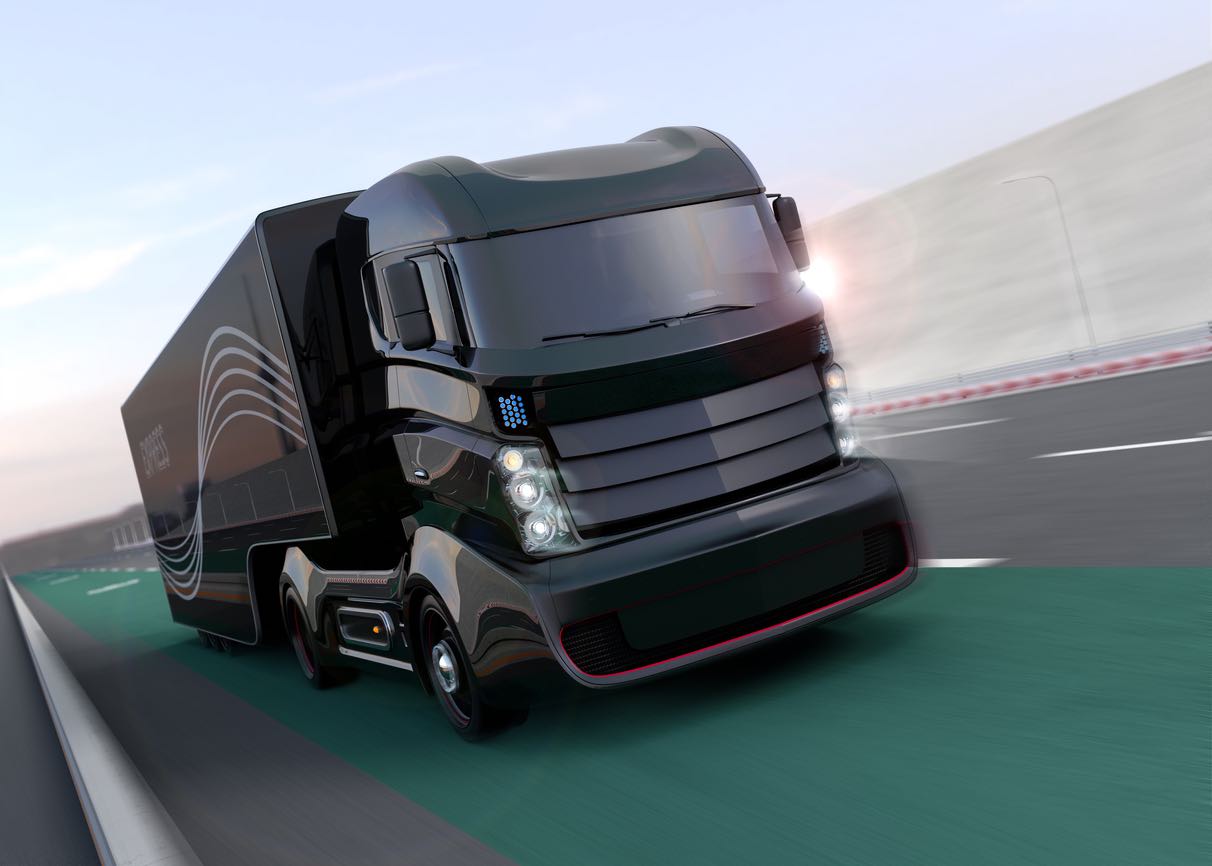
Future of Work and Automation
The future of truck drivers in California and the rest of the country is in jeopardy as technology advances unabated. Leaders of unions and laborers are steadfast in their support of workers’ safety as well as job security in an increasingly automated industry. There are still a lot of unsolved problems and unexplored opportunities in the conversation about autonomous vehicles. It will be difficult to strike a proper balance between fostering innovation and protecting the labor on this difficult path ahead.
Navigating the Regulatory Landscape
The regulatory environment for self-driving vehicles is always changing, making it similar to navigating new territory. It takes constant analysis and adjustment to strike a careful balance between protecting public safety and promoting innovation. The workforce, tech firms, and legislators will all be important players in shaping the laws governing self-driving vehicles. There is a great deal of expectation and difficulty on the road ahead since every move might have a big effect on how autonomous vehicles are incorporated into society.
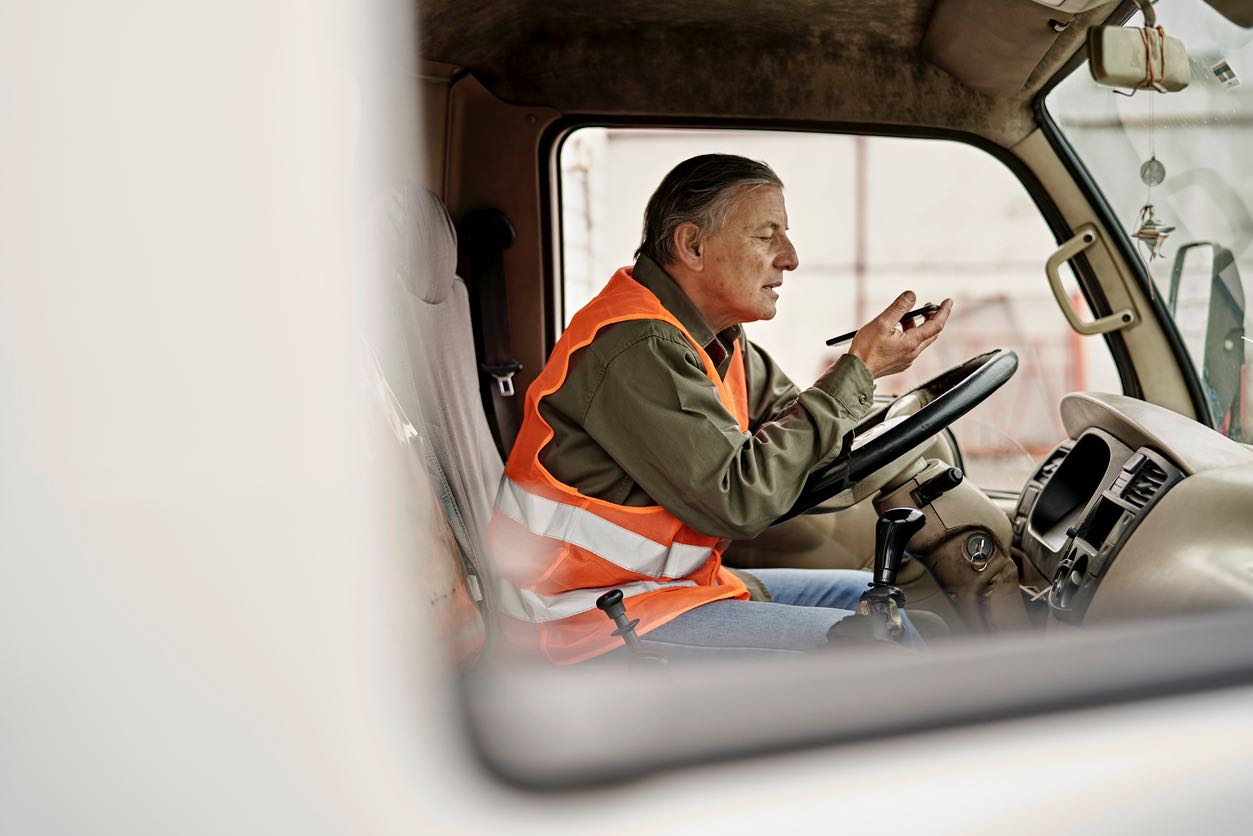
Following Governor Newsom’s veto of the measure governing autonomous trucks, a turning point has been reached in the continuing conversation over self-driving vehicles. This choice emphasizes how difficult it is to balance technology advancement with security of employment and safety procedures. With California serving as a center for autonomous vehicle technology, all eyes are on the state as it continues to go ahead into new territory and establish precedents that others may follow and adjust to. The way this story plays out will surely influence how transportation develops in the Golden State and throughout the nation.
In the car shipping industry, Ship A Car, Inc. stands out as a model of efficiency and dependability, providing unmatched vehicle shipping services both inside and outside of California. Serving a wide range of customers, SAC are experts in delivering vehicles straight from any location in the US to your doorstep, ensuring a smooth and hassle-free process. Our broad range of services includes a variety of car shipping options that are specially designed to satisfy every client’s particular requirements. For both individuals and companies looking for dependable car shipping and freight transport services, Ship A Car, Inc. has been the go-to option because to its unwavering dedication to quality and customer-focused philosophy.
It’s critical to select a reliable partner for your car transportation needs in an ever-changing market. In addition to providing a plethora of experience and knowledge, Ship A Car also ensures peace of mind with our constant dedication to client satisfaction and safety. Give us a chance to make your car shipping experience easy and stress-free, whether you live in California or are preparing a cross-country relocation. Give Ship A Car, Inc. your transportation needs, and become a part of our expanding family of happy clients who have encountered the highest caliber of customer service in the vehicle shipping industry.
Q: How does the veto of the bill impact the operation of autonomous trucks in California?
A: The veto means that there will be no additional restrictions on autonomous trucks, allowing them to operate without a human driver on board, subject to existing regulations.
Q: What are the concerns of union leaders and truck drivers regarding autonomous trucks?
A: Union leaders and truck drivers are concerned about the potential loss of jobs due to automation and have raised questions about the safety of driverless trucks.
